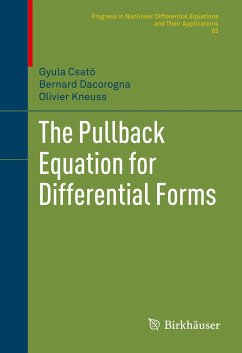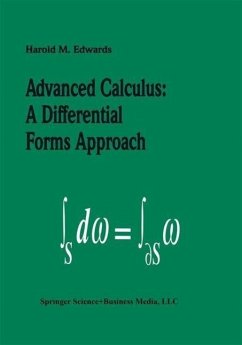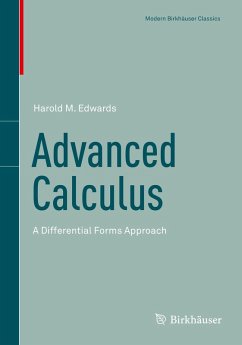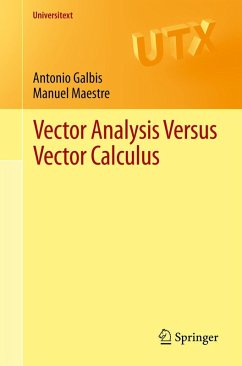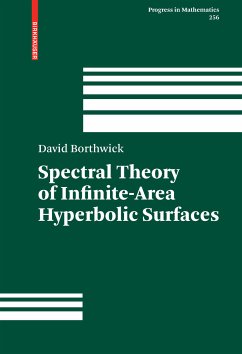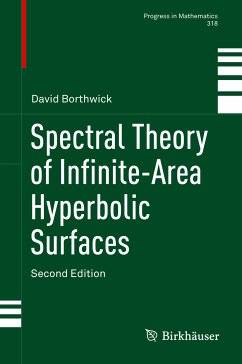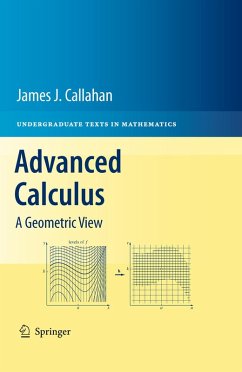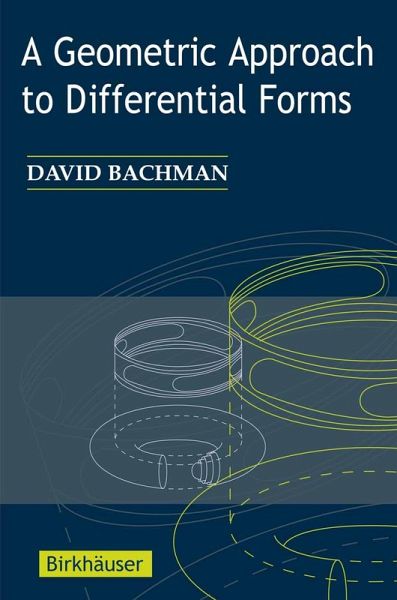
A Geometric Approach to Differential Forms (eBook, PDF)
Versandkostenfrei!
Sofort per Download lieferbar
30,95 €
inkl. MwSt.
Weitere Ausgaben:

PAYBACK Punkte
15 °P sammeln!
This text presents differential forms from a geometric perspective accessible at the undergraduate level. The book begins with basic concepts such as partial differentiation and multiple integration and gently develops the entire machinery of differential forms. The author approaches the subject with the idea that complex concepts can be built up by analogy from simpler cases, which, being inherently geometric, often can be best understood visually. Each new concept is presented with a natural picture that students can easily grasp. Algebraic properties then follow. This facilitates the develo...
This text presents differential forms from a geometric perspective accessible at the undergraduate level. The book begins with basic concepts such as partial differentiation and multiple integration and gently develops the entire machinery of differential forms. The author approaches the subject with the idea that complex concepts can be built up by analogy from simpler cases, which, being inherently geometric, often can be best understood visually. Each new concept is presented with a natural picture that students can easily grasp. Algebraic properties then follow. This facilitates the development of differential forms without assuming a background in linear algebra.
Containing excellent motivation, numerous illustrations and solutions to selected problems in an appendix, the material has been tested in the classroom along all three potential course tracks.
Containing excellent motivation, numerous illustrations and solutions to selected problems in an appendix, the material has been tested in the classroom along all three potential course tracks.
Dieser Download kann aus rechtlichen Gründen nur mit Rechnungsadresse in A, B, BG, CY, CZ, D, DK, EW, E, FIN, F, GR, HR, H, IRL, I, LT, L, LR, M, NL, PL, P, R, S, SLO, SK ausgeliefert werden.




